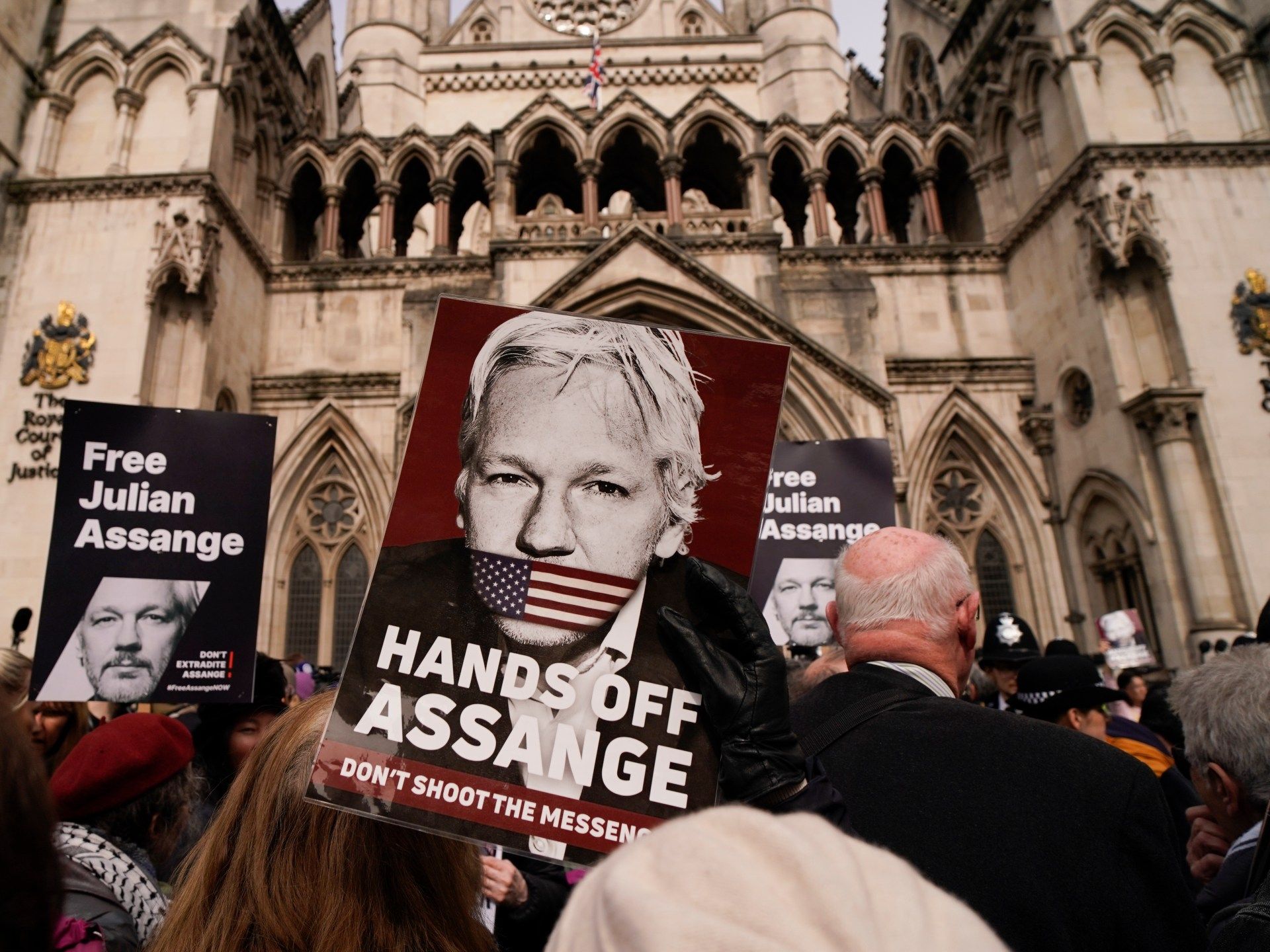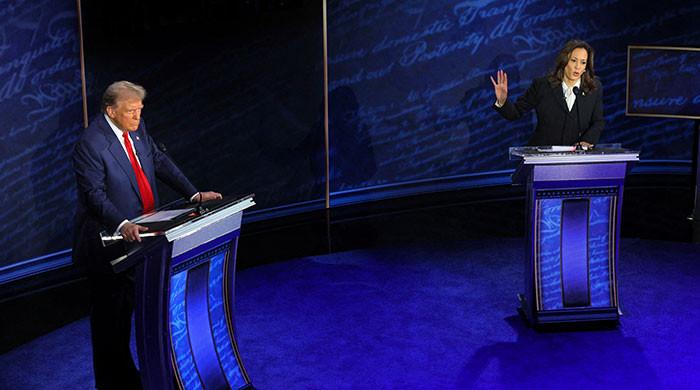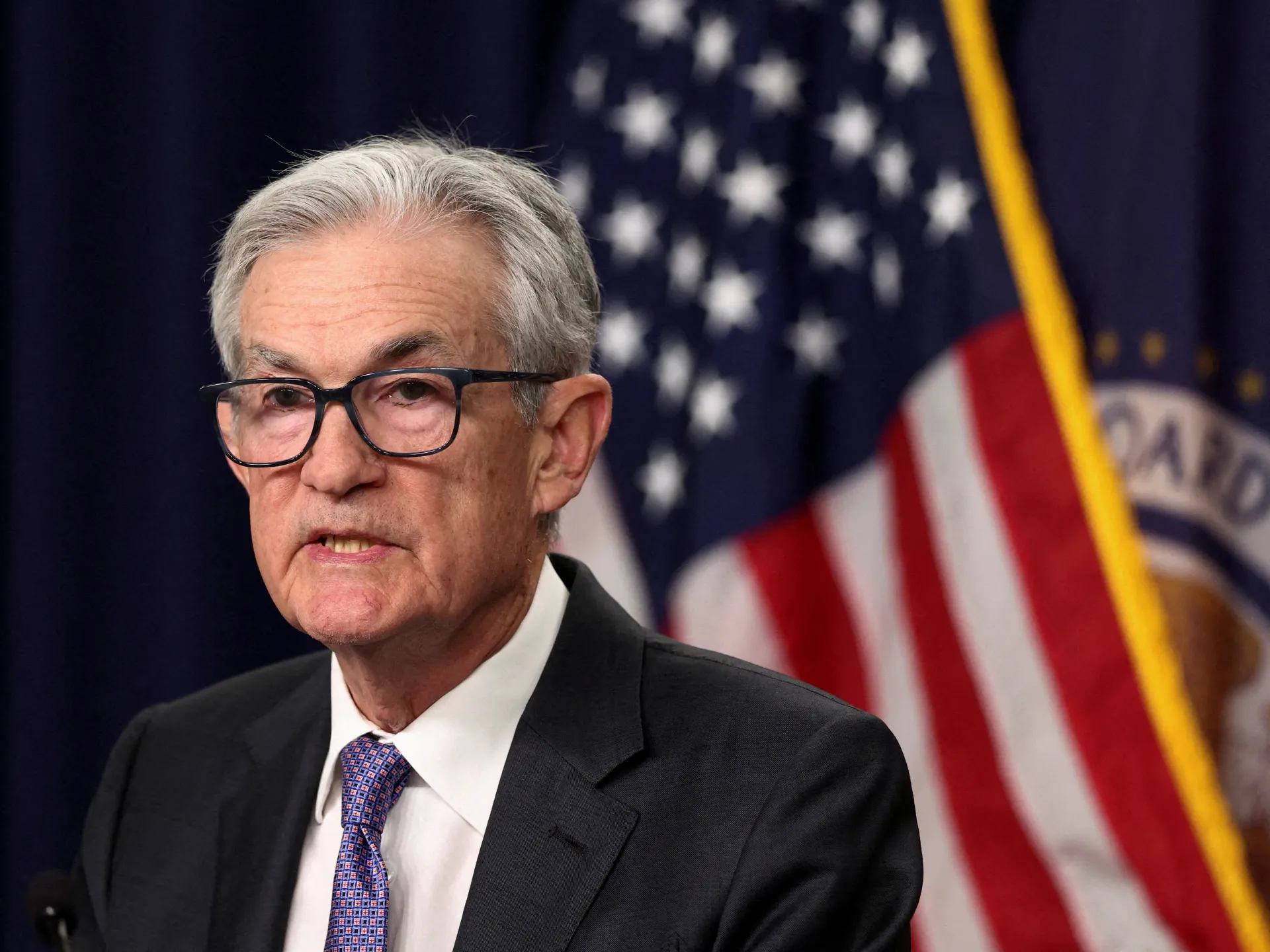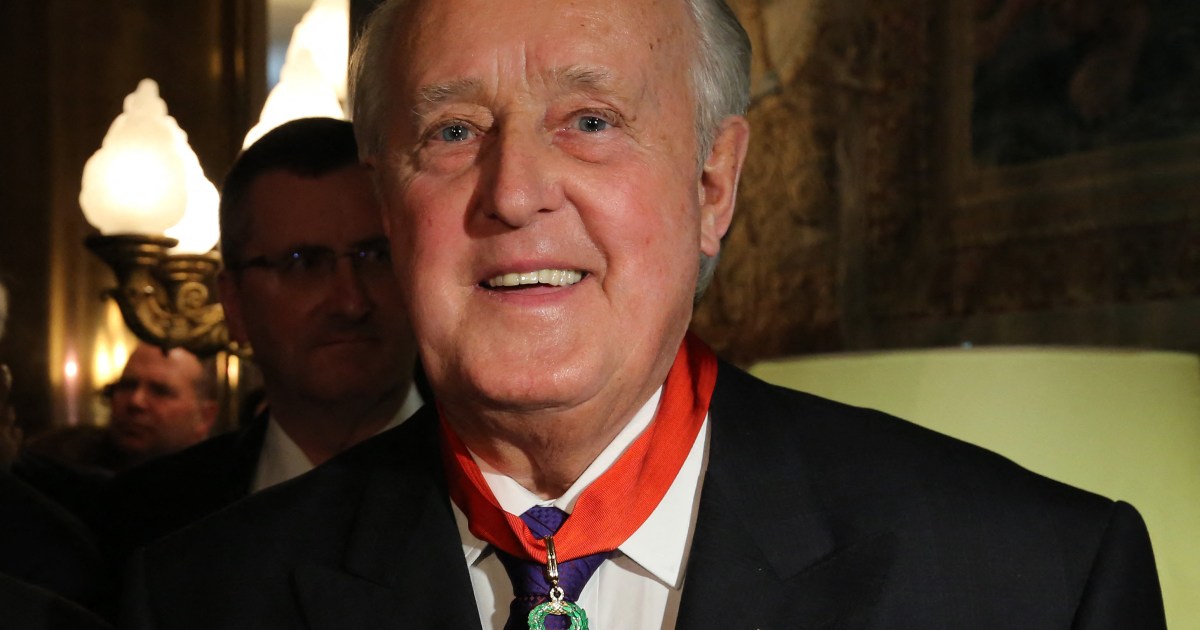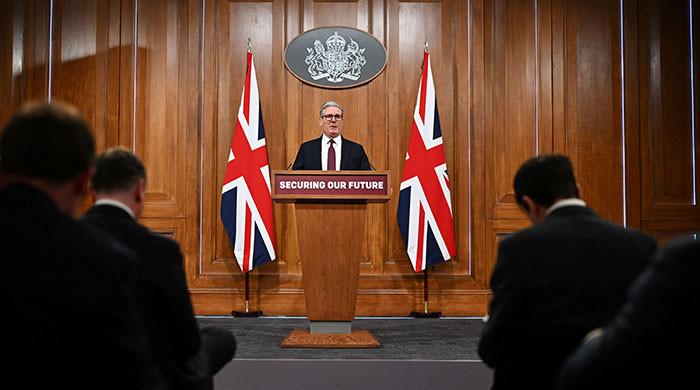Assange will plead guilty to an espionage charge and return to Australia after decades fighting extradition to the United States.
WikiLeaks founder Julian Assange has been released from prison in the United Kingdom and is on his way home to Australia after agreeing to plead guilty to a single charge of violating the espionage law in the United States.
Assange, 52, will plead guilty to one count of conspiracy to obtain and disclose classified U.S. national defense documents, according to a filing in the U.S. District Court for the Northern Mariana Islands.
He was released from the high-security Belmarsh prison in the United Kingdom on Monday and transferred to the airport from where he left the country. Assange will appear in a court in Saipan, a US territory in the Pacific, at 9:00 a.m. on Wednesday (23:00 GMT on Tuesday), where he will be sentenced to 62 months in prison already served.
“Julian Assange is free,” Wikileaks said in a statement posted on X.
“He left Belmarsh maximum security prison on the morning of June 24, after having spent 1,901 days there. He was granted bail by the High Court in London and was released at Stanstead Airport during the afternoon, where he boarded a plane and left the UK.
“Julian is free!!!!” his wife Stella wrote in X. “Words cannot express our immense gratitude to YOU – yes, YOU, who have mobilized for years and years to make this happen. THANK YOU. thanks thanks.”
Julian Assange boards his flight at London Stansted Airport at 5pm (BST) on Monday 24 June. This is for all those who worked for your freedom: thank you.#ReleasedJulianAssange pic.twitter.com/Pqp5pBAhSQ
—WikiLeaks (@wikileaks) June 25, 2024
Assange rose to prominence with the launch of Wikileaks in 2006, creating an online whistleblowing platform for people to submit classified material, such as documents and videos, anonymously.
Footage of a US Apache helicopter attack in Baghdad, which killed a dozen people, including two journalists, raised the platform's profile, while the 2010 release of hundreds of thousands of classified US documents on the wars in Afghanistan and Iraq, as well as a trove of diplomatic cables, cemented his reputation.
'Hold the powerful accountable'
Wikileaks published material about many countries, but it was the United States, during the administration of former US President Donald Trump, that decided to charge him in 2019 with 17 counts of non-compliance with the Espionage Act.
US lawyers had argued that he conspired with Chelsea Manning, a former Army intelligence analyst who spent seven years in prison for leaking material to WikiLeaks. She was freed when US President Barack Obama commuted her sentence in 2017.
The charges sparked outrage, with Assange's supporters arguing that as publisher and editor-in-chief of Wikileaks, he should not have faced charges typically used against government employees who steal or leak information.
Meanwhile, press freedom advocates argued that criminally charging Assange was a threat to freedom of expression.
“WikiLeaks published groundbreaking stories about government corruption and human rights abuses, holding the powerful accountable for their actions,” Wikileaks said in its statement announcing the plea deal.
“As editor-in-chief, Julian paid severely for these principles and for the people's right to know. Upon his return to Australia, we thank everyone who supported us, fought for us and remained fully committed to the fight for his freedom.”
Assange was first arrested in London in 2010 on a Swedish warrant accusing him of sexual assault. Granted bail pending the extradition case, Assange took refuge in the Ecuadorian embassy in London in 2012 after a court ruled he could be sent to Sweden to stand trial.
He spent the next seven years in the small embassy (during which time the Swedish police dropped the rape charges) before UK police arrested him on charges of violating his bail conditions.
Assange was imprisoned in the United Kingdom while the extradition case to the United States went through the courts.

